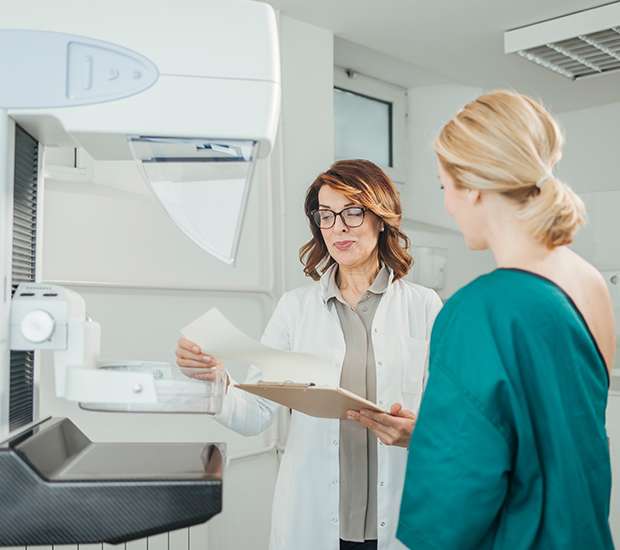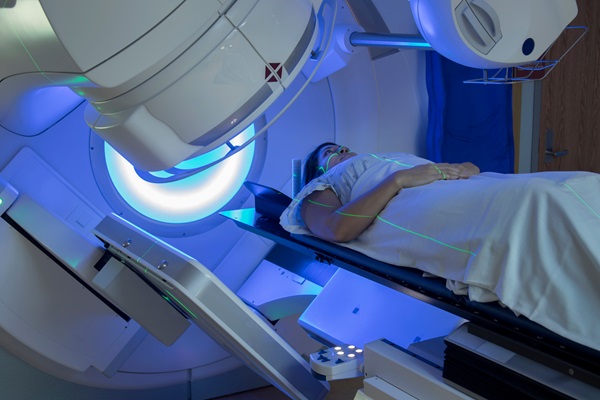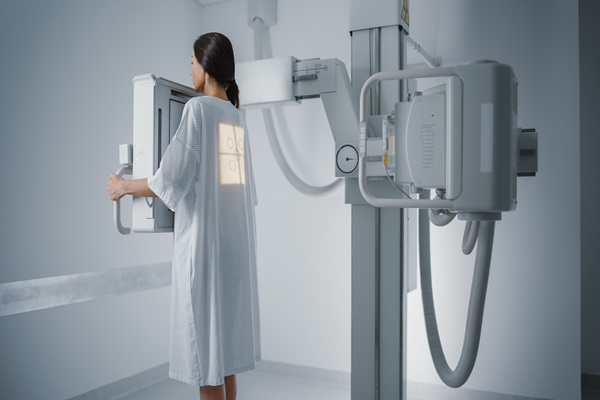OncologistMarlton, NJ
An oncologist is also known as a cancer specialist and is a health care professional who practices in the field of oncology. An oncologist performs the necessary research in order to understand which therapy options are going to best treat a patient since every patient is different. These options include hormonal therapy, biological therapy, chemotherapy and targeted therapy.
Since an oncologist is going to be the main point of contact for a cancer patient, it is important to find a professional oncologist who can provide the caring and support every patient needs at this time. As oncologists, we provide care for people with cancer, collaborating closely with others in order to ensure the patient receives the integrated and multidisciplinary care they need.
Oncology
Oncology is the study of cancer and includes three different areas of focus – medical, surgical and radiation. Medical oncology involves the use of chemotherapy, hormone therapy as well as other drugs that can treat cancer. Surgical oncology involves using surgical procedures in order to treat cancer. Radiation oncology involves using radiation therapy in order to treat someone with cancer.
An oncologist’s role in the treatment process
The role of an oncologist starts with a cancer diagnosis. After the cancer diagnosis, an oncologist will recommend the most effective options for treating cancer and create an individualized treatment plan for the patient. Since cancer is a serious disease, the patient will need to work closely with the oncologist.
Thus, the oncologist’s role in the treatment of cancer is an essential part of their patient's recovery. An oncologist is going to be the main point of contact for a cancer patient. The role of an oncologist during cancer treatment involves counseling, advising, supporting, teaching, managing and more.
Various conditions an oncologist can treat
The following is a list of some of the various cancer conditions and diseases that an oncologist can treat:
- Leukemia
- Bladder cancer
- Brain tumor
- Breast cancer
- Head and neck cancers
- Ovarian cancer
- Lung cancer
- Melanoma, skin cancer
- Prostate cancer
Gynecological cancer
Gynecological cancer originates in the reproductive organ area and includes:
- Cervical cancer
- Ovarian cancer
- Vaginal cancer
- Vulvar cancer
- Uterine cancer
- Primary peritoneal cancer
- Gestational trophoblastic disease
Since gynecological cancer does not present a lot of symptoms, it is important for women to get the regular screenings that can diagnose as well as help prevent cancer from getting worse if it is already present.
Some of the symptoms associated with gynecological cancers include abnormal vaginal bleeding, bleeding after sexual intercourse, experiencing any pain or odor from the vaginal area, extreme and sudden bloating, filling a strong urge to urinate often and frequently persistent itching or burning.
It is crucial for people to understand what is healthy or normal for their body and what a warning sign is. People need to learn to listen to their bodies and keep up regular checkup appointments to ensure everything is running smoothly.
Ovarian cancer
Ovarian cancer is a type of cancer that is developed in the ovaries. There are more than 30 different types of ovarian cancers, of which the symptoms tend to be so minor that they are not experienced until the cancer is in its later stages. While the exact cause of ovarian cancer is not understood, there are some risk factors that will increase someone’s chances of an ovarian cancer diagnosis, i.e. age, after menopause, having a family history.
When someone believes they have ovarian cancer, they will need to make an appointment with a cancer specialist in order to receive a proper diagnosis. Test results will show the stage the ovarian cancer is in, which will ultimately determine which approach a personalized treatment plan will take. According to the American Cancer Society, only 20 percent of ovarian cancer cases are diagnosed in earliest stages.
Gynecological cancer treatment
Gynecological cancer treatment will depend on the type of cancer as well as the stage of cancer. Medical cancer treatment options include chemotherapy, immunotherapy and hormone therapy. Surgical cancer treatment options include using minimally invasive surgery options to remove as much of cancer as possible. Radiation therapy is a gynecological cancer treatment option that is necessary for the majority of gynecological cancers and can act as a primary cancer treatment or as a secondary treatment therapy.
Oncology treatment center
An oncology treatment center is a place where oncologists and health professionals can perform the necessary and in-depth research that can help them understand how to better treat patients who have been diagnosed with cancer. An oncology treatment center is a place where cancer patients can receive the best cancer care and best cancer services due to the multidisciplinary approach available at top oncology treatment centers.
Contact Us
Lindenberg Cancer & Hematology Center is located at
773 East Route 70 Suite E-125
Marlton, NJ
08053.





